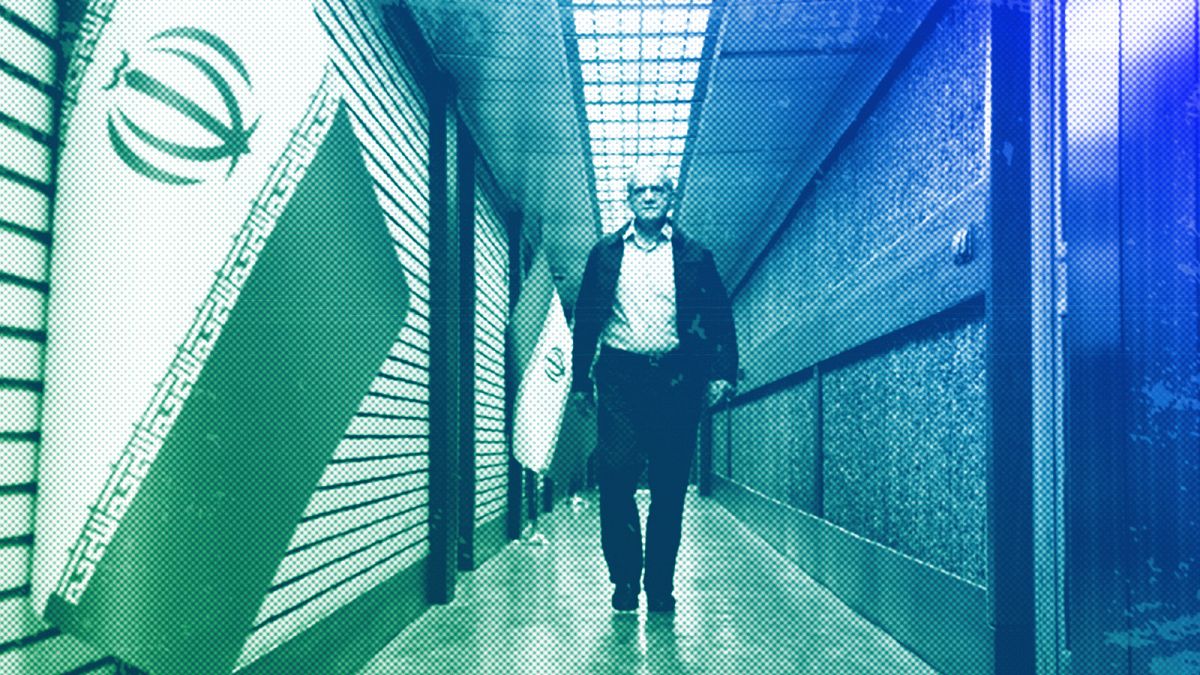In a recent article by Babak Kamiar on Euronews, the focus is on the upcoming presidency of Masoud Pezeshkian in Iran. The writer believes that Pezeshkian, often seen as a reformist, must be allowed to fulfill his promises without interference, especially from radical hardliners such as the IRGC, both inside and outside the parliament. With the recent death of Ebrahim Raisi, the 13th government in Iran is facing economic challenges and issues with the West regarding the nuclear deal. The situation is compounded by the increasing likelihood of Trump returning to office. This has put Ali Khamenei, the leader of Iran, in need of a new leader who can address these challenges effectively.
The Iranian society is described as a cinder under ashes, waiting for a spark to reignite it. Previous unrest in the country has not been fully resolved, and any action, such as increasing fuel prices, could potentially lead to further protests. The international relations scenario also adds complexity to the situation, with tensions with Israel and pressure from European powers on Iran. The writer mentions the bailout of Russian support for Iran and the need for a leader who can navigate these challenges effectively.
Pezeshkian, with his reformist background, is seen as a potential “safety valve” for the regime in times of crisis. He has garnered significant support, even with a low voter turnout in the recent elections. Supporters of Pezeshkian are working to convince those who boycotted the elections to participate in the second round and ensure his presidency. The absence of a significant number of voters sends a clear message of discontent with the current regime’s ability to address their demands effectively.
The article suggests that if Pezeshkian is entrusted with the presidency, he must be allowed to operate freely without interference from hardliners and the IRGC. Deescalation with the US and European powers, avoiding overreliance on Russia and China, and presenting a moderate image of Iran are seen as steps that can benefit the Iranian people and ensure the regime’s continuity. Pezeshkian’s willingness to align with the leader’s decisions in foreign policy and other aspects is crucial, but the question remains whether he will be allowed to bring about significant change in practice.
The writer anticipates a contentious confirmation process for Pezeshkian’s cabinet, especially if individuals with ties to America, like former foreign minister Javad Zarif, are involved. The complexity of Iranian politics makes it difficult to predict outcomes, and last-minute turnarounds are not uncommon. The writer emphasizes the need for Pezeshkian to have the autonomy to enact necessary reforms to address the economic challenges and international pressures facing Iran.










